Hip Hops Amnesia
Hip Hops Amnesia
From Blues and the Black Womens
Club Movement to Rap and the
Hip Hop Movement
Reiland Rabaka
LEXINGTON BOOKS
Lanham Boulder New York Toronto Plymouth, UK
Published by Lexington Books
A wholly owned subsidiary of The Rowman & Littlefield Publishing Group, Inc.
4501 Forbes Boulevard, Suite 200, Lanham, Maryland 20706
www.rowman.com
10 Thornbury Road, Plymouth PL6 7PP, United Kingdom
Copyright 2012 by Lexington Books
All rights reserved. No part of this book may be reproduced in any form or by any electronic or mechanical means, including information storage and retrieval systems, without written permission from the publisher, except by a reviewer who may quote passages in a review.
British Library Cataloguing in Publication Information Available
Library of Congress Cataloging-in-Publication Data
Rabaka, Reiland, 1972
Hip hop's amnesia : from blues and the black women's club movement to rap and the hip hop movement / Reiland Rabaka.
p. cm.
Includes bibliographical references and index.
ISBN 978-0-7391-7491-3 (cloth : alk. paper) ISBN 978-0-7391-7492-0 (pbk. : alk. paper) ISBN 978-0-7391-7493-7 (electronic)
1. Rap (Music)History and criticism. 2. Hip-hopUnited States. I. Title.
ML3531.R225 2012
782.4216490973dc23
2012000571

The paper used in this publication meets the minimum requirements of American National Standard for Information Sciences Permanence of Paper for Printed Library Materials, ANSI/NISO Z39.48-1992.
Printed in the United States of America
For my father, Robert Dean Smith, in memoriam. You are my heroyou always have been, and you always will be. I love you. I love you endlessly and eternally. I love you with every word I write and every song I sing.
And, as with all of my work, for my mother, grandmothers, and great aunt: Marilyn Jean Giles, Lizzie Mae Davis, Elva Rita Warren, and Arcressia Charlene Connor
Lift Every Voice and Sing... Nkosi Sikelel iAfrika... A luta continua...
Contents
Introlude: Acknowledgments
Introduction: African American Movement Music: On Hip Hops Partial or Total Loss of Memory Surrounding Classical Black Popular Music and Classical Black Popular Movements
Remix 1: Back to the Old School! : On the Old School Origins and Evolution of Rap Music, Hip Hop Culture, and the Hip Hop Movement
Remix 2: Lifting As We Climb!: Classic Blues Queens and the Black Womens Club Movement, Neo-Soul Sistas and the Hip Hop Womens Movement
Remix 3: Jazzmatazz: From Classic Jazz and Bebop to Jazz Rap and Hip Hop
Remix 4: If We Must Die!: The New Negro Movement, the Harlem Renaissance, and the Homosexual Hip Hop Movement
Remix 5: The Hip Hop Movement: From Merely Rap Music to a Major Multi-Issue Socio-Political Movement
Bibliography
Index
About the Author
Introlude
Acknowledgments
Hip Hops Amnesia is meant to be a monument: a monument to the musicians and politicians, the musics and movements, the writers and revolutionaries, the preachers and teachers, the hipsters and hustlers, and, most of all, the ghetto youth and suburban youth who paved the way for rap music, hip hop culture, and, ultimately, the Hip Hop Movement . However, even more than a monument to hip hops artistic ancestors and political antecedents, Hip Hops Amnesia also stands as a testament to all the folk who contributed to my personal, professional, and radical political development. Every word, sentence, paragraph, and remix to follow bears the imprint of the diversealthough often disconnectedintellectual and political arenas and agendas I draw from and endeavor to establish critical dialogue with. As a consequence, the list of academics, organic intellectuals (including rappers, spoken-word artists, DJs, b-girls, b-boys, graffiti-writers, students, etc.), activists, archivists, institutions, and organizations to which I am indebted is, indeed, enormous. Such being the case, I hope I may be forgiven for deciding that the most appropriate way in which to acknowledge my sincere appreciation is simply to list them below without the protracted praise each has so solemnly earned.
My deepest gratitude and most heartfelt asante sana (a thousand thanks) is offered, first and foremost, to my family: my mother, Marilyn Giles; my father, Robert Smith I (deceased); my grandmothers, Lizzie Mae Davis (deceased) and Elva Rita Warren; my great aunt, Arcressia Charlene Connor; my older brother and his wife, Robert Smith II and Karen Smith; my younger brother, Dwight Randle Wellington Clewis; my nieces and nephews, Journe Clewis, Dominique Clewis, Kalyn Smith, Robert Smith III, Ryan Smith, and Remington Smith; my grandfathers, Joseph Warren (deceased) and Jafari Jakuta Rabaka (deceased); my innumerable aunts, uncles, and cousins throughout the Americas, the Caribbean, and Africa; and, most especially, Dr. Stephanie Krusemark, whose incomparable intellect, extraordinary eloquence, grand sense of grace, soulful sophistication, and limitless love helped me research and write this book, as well as tend to my mind, body, heart, and soul ( nakupenda sana Nzuri).
An undertaking as ambitious as Hip Hops Amnesia would have been impossible without the assistance of colleagues and comrades, both far and wide. I express my earnest appreciation to the following fine folk, who each in their own special way contributed to the composition and completion of this book: W. E. B. Du Bois; Langston Hughes; Zora Neale Hurston; Claude McKay; James Baldwin; Sonia Sanchez; Amiri Baraka; Audre Lorde; Haki Madhubuti; June Jordan; Camille Paglia; Kariamu Welsh; Lucius Outlaw; Lewis Gordon; Tukufu Zuberi; Rhonda Tankerson; Nedra James; Vickie Washington; the faculty, staff, students, and alumni of the Booker T. Washington High School for the Performing and Visual Arts (Dallas, Texas); the faculty, staff, students, and alumni of the University for the Arts (Philadelphia, Pennsylvania); the faculty, staff, students, and alumni of the Department of African American Studies at Temple University (Philadelphia, Pennsylvania); Rev. L. R. Davis and the congregation of Galilee Missionary Baptist Church; Lamya Al-Kharusi; Denise Lovett; Adam Clark; Elzie Billops; Sigmund Washington; Patrick DeWalt; Awon Atuire; Stacey Smith; Toroitich Chereno; De Reef Jamison; Anthony Lemelle; Troy Barnes; Zachary Epps; Ursula Lindqvist; Tiya Trent; LaNeice Littleton; Radia Amari; Howard Wallen; Vincent Harding; Marvin Lynn; David Stovall; Gloria Ladson-Billings; Daniel Solrzano; George Junne; Eva Torres Henry; Stephany Hope Wilson; Vicki Carter; Richard Hodges; Stacy and Sekou Robertson; Gail Dennis; Bernard Robertson; Oliver Wang; Mark Anthony Neal; Bakari Kitwana; Jared Ball; Adam Bradley; M.K. Asante, Jr.; David Ferris; Chelsey Jennings; Mpozi Mshale Tolbert (deceased); Taharka Leophus King (deceased); the editorial board of the Critical Africana Studies book series (Stephanie Evans, Lewis Gordon, Martell Teasley, Christel Temple, and Deborah Whaley); the National Association for Ethnic Studies (NAES); and the Association for the Study of African American Life and History (ASALH).
I cannot adequately convey the depth of my gratitude to the National Council for Black Studies (NCBS) for providing me with the critical feedback and fora to deepen and develop my relationship with the wider world of American studies, critical race studies, cultural studies, popular music studies, womens studies, sexuality studies, postcolonial studies, black radical politics, and critical social theory. I have been presenting my research at NCBSs annual conferences for more than a decade. Along with saying nashukuru sana (very special thanks) to NCBS in general, I would be remiss not to single out several members whose key contributions and intellectual encouragement have made the present volume possible. I, therefore, express my earnest appreciation to the following NCBS colleagues and comrades: Molefi Asante; Maulana Karenga; James Turner; Delores Aldridge; James Stewart; Martell Teasley; Mark Christian; James Conyers; Charles Jones; Sundiata Cha-Jua; Perry Hall; Shirley Weber; Barbara Wheeler; Alfred Young; Bill Little (deceased); Munasha Furusa; Akinyele Umoja; Fred Hord; Terry Kershaw; Jeffrey Ogbar; Scot Brown; Alan Colon; Abdul Nanji; Christel Temple; Patricia Reid-Merritt; Kevin Cokley; Salim Faraji; Cecil Gray; and Ricky Jones.

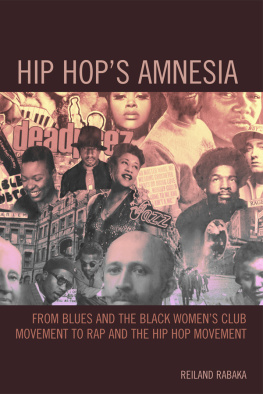


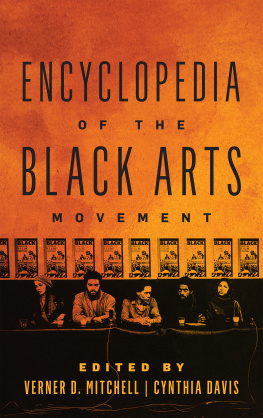
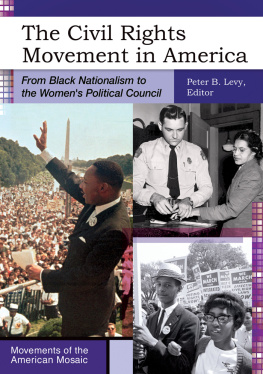
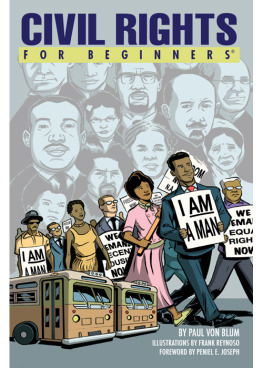
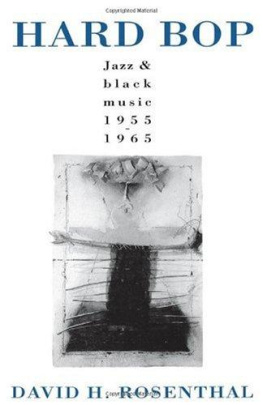
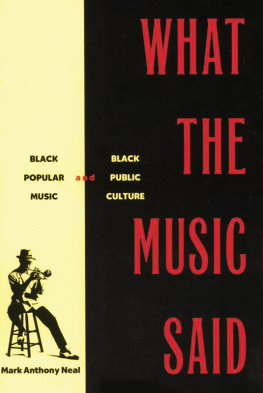
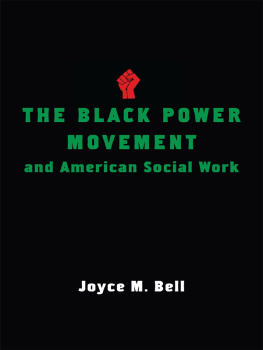
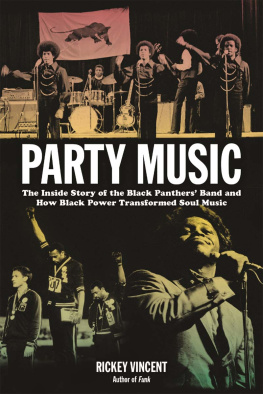
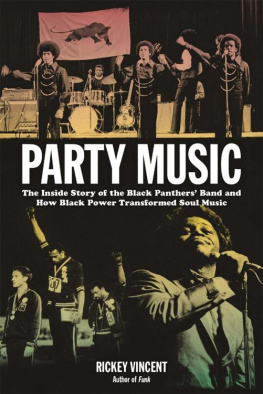
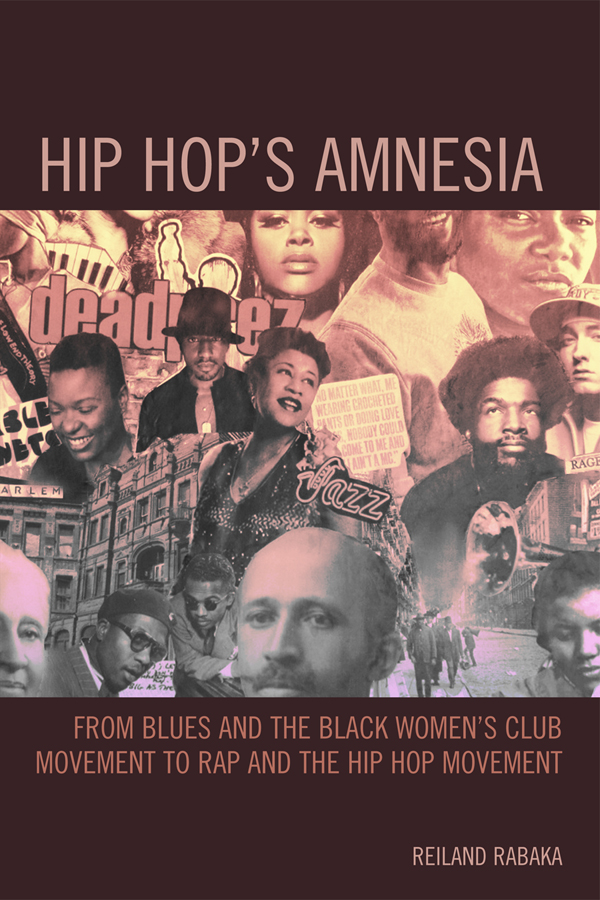
 The paper used in this publication meets the minimum requirements of American National Standard for Information Sciences Permanence of Paper for Printed Library Materials, ANSI/NISO Z39.48-1992.
The paper used in this publication meets the minimum requirements of American National Standard for Information Sciences Permanence of Paper for Printed Library Materials, ANSI/NISO Z39.48-1992.